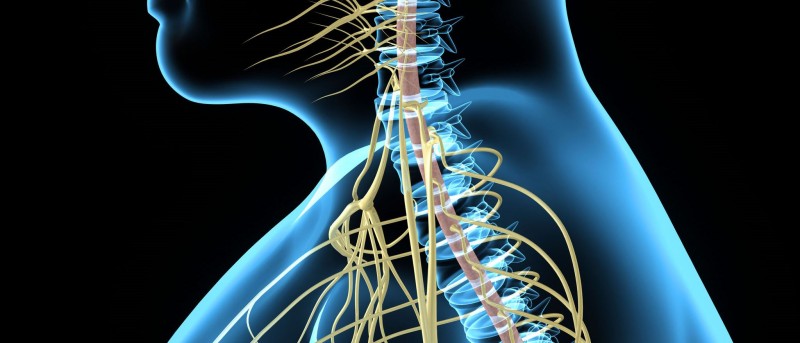Recognizing & Treating Neuropathic Spine Pain
Category: Nerves | Author: Stefano Sinicropi

Back pain comes in many forms and is caused by numerous factors – from spinal cord injuries, to degenerative spinal vertebrae. We have discussed a lot of these previously, but have not yet touched on neuropathic spinal pain. In this blog we will explain neuropathic back pain and talk about how it differs from other types of back pain. We will also offer a few tips for treatment.
What is Neuropathic Spine Pain?
Neuropathic pain is any pain caused by any sort of damage to the nervous system (either the peripheral nervous system or the central nervous system). Most neuropathic pain is chronic in nature. Here are some of the common symptoms of neuropathy in the spine:
- Sharp or shooting pain in the back, neck, or legs.
- A burning sensation.
- Numbness or tingling in the back or extremities that doesn’t quickly resolve.
Neuropathic Spine Conditions
There are several types of neuropathy that can originate in the spine. Here are a few, along with their respective symptoms:
- Cervical Radiculopathy. Pain that originates in the neck and radiates down the arms.
- Sciatica or Lumbar Radiculopathy. Pain that originates in the low back and radiates down the buttocks and legs.
These neuropathies can be caused by anything that impacts the spinal nerves, such as a herniated spinal disc, spinal stenosis, and other conditions.
Treating Neuropathic Pain
Successfully treating neuropathy is difficult, but not impossible. The first step is to identify the source of the pain. Treatment then depends on the underlying factors contributing to the pain. If there is a herniated disc or a degenerative vertebra that is impeding on a nerve, minimally invasive surgery may be necessary to free up the nerve and reduce pain.
If you are suffering from chronic back pain that you believe may be the result of a neuropathy, make an appointment with a spine specialist. A skilled physician can fully diagnose the root cause of your pain and recommend options for treatment.